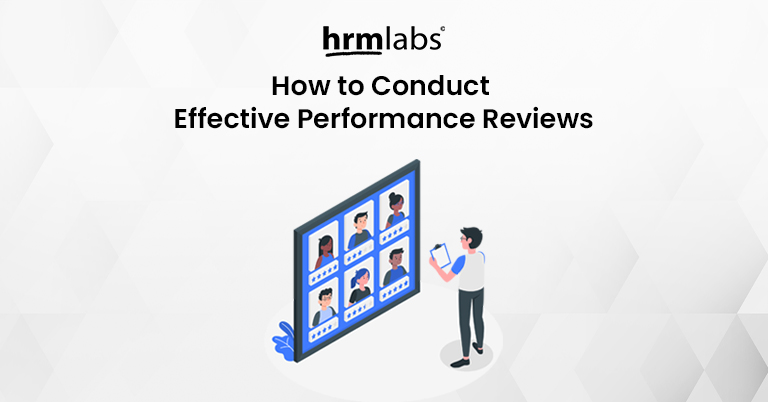Imagine a world where employees are engaged, motivated, and productive. Where everyone is working towards the same goals and where everyone feels valued and respected. This is the world that effective performance reviews can create.
Performance reviews are a crucial tool for HR professionals and managers to improve employee performance, increase employee engagement, and make fair and objective compensation decisions. By conducting effective performance reviews, organizations can create a more productive and successful workplace.
What is a Performance Review?
A performance review, often referred to as an appraisal or evaluation, is a systematic assessment of an employee’s job performance over a specific period. It involves a structured discussion between the employee and their manager, focusing on the individual’s strengths, weaknesses, accomplishments, and areas for improvement.
The primary goal of a performance review is to align employee performance with organizational objectives and promote professional development. It can be used to assess a wide range of factors, including:
- Job knowledge and skills
- Work quality and productivity
- Teamwork and collaboration
- Communication and interpersonal skills
- Problem-solving and decision-making skills
- Attendance and punctuality
- Professionalism and attitude
Why are Performance Reviews Important?
Performance reviews play a crucial role in the Singapore human resource landscape for several reasons:
- Feedback and Improvement: Performance reviews provide employees with constructive feedback on their work, helping them understand their strengths and areas needing development. This feedback is vital for personal and professional growth.
- Goal Alignment: They help align individual employee goals with the company’s objectives, ensuring that every team member contributes to the organization’s success.
- Motivation: Performance reviews recognize and reward high-performing employees, boosting morale and motivation. They also identify training and development needs for those who require support.
- Communication: Regular performance reviews facilitate open communication between employees and managers, fostering a positive working relationship.
Benefits of Conducting Performance Reviews
Conducting performance reviews offers numerous advantages to organizations operating in Singapore’s competitive business environment:
- Improved Productivity: By setting clear expectations and performance standards, reviews motivate employees to meet and exceed their goals, ultimately boosting productivity.
- Retention: Effective reviews can lead to higher employee satisfaction and retention rates, reducing the costs associated with recruitment and training.
- Development Opportunities: Identifying employees’ training needs during reviews ensures that they have the skills required to meet evolving job demands.
- Enhanced Organizational Culture: Promoting a culture of feedback and continuous improvement can improve overall organizational culture and teamwork.
- Legal Compliance: Help companies comply with Singaporean labor laws, which require employers to provide regular feedback and coaching to employees.
How to Conduct Effective Performance Reviews in Singapore
To conduct meaningful performance reviews in Singapore, consider these best practices:
- Establish Clear Objectives: Define the purpose and goals of the review in advance, ensuring both managers and employees understand what to expect.
- Regular Scheduling: Schedule reviews on a regular basis, such as annually or semi-annually, to maintain consistency.
- Two-Way Communication: Encourage employees to share their thoughts and concerns during the review, fostering open dialogue.
- Documentation: Maintain accurate records of performance discussions and outcomes, as documentation is essential for legal compliance and future reference.
- Training for Managers: Equip managers with the necessary skills to conduct reviews effectively, emphasizing the importance of constructive feedback and development planning.
Conclusion
The practice of conducting performance reviews in Singapore is a strategic tool for enhancing organizational performance and fostering employee growth. By implementing best practices and fostering a culture of feedback, businesses can thrive in Singapore’s dynamic business environment.

To further streamline and modernize your performance review process, consider leveraging technology solutions like Performance Appraisal System from HRMLabs. This digital platform can simplify the performance review process, making it more efficient and effective while also helping you keep accurate records and manage the entire appraisal cycle with ease. Embracing technology can empower HR professionals to focus on what truly matters – nurturing talent and driving organizational success.
Call HRMLabs today to explore the benefits of adopting HR technology in your business.


